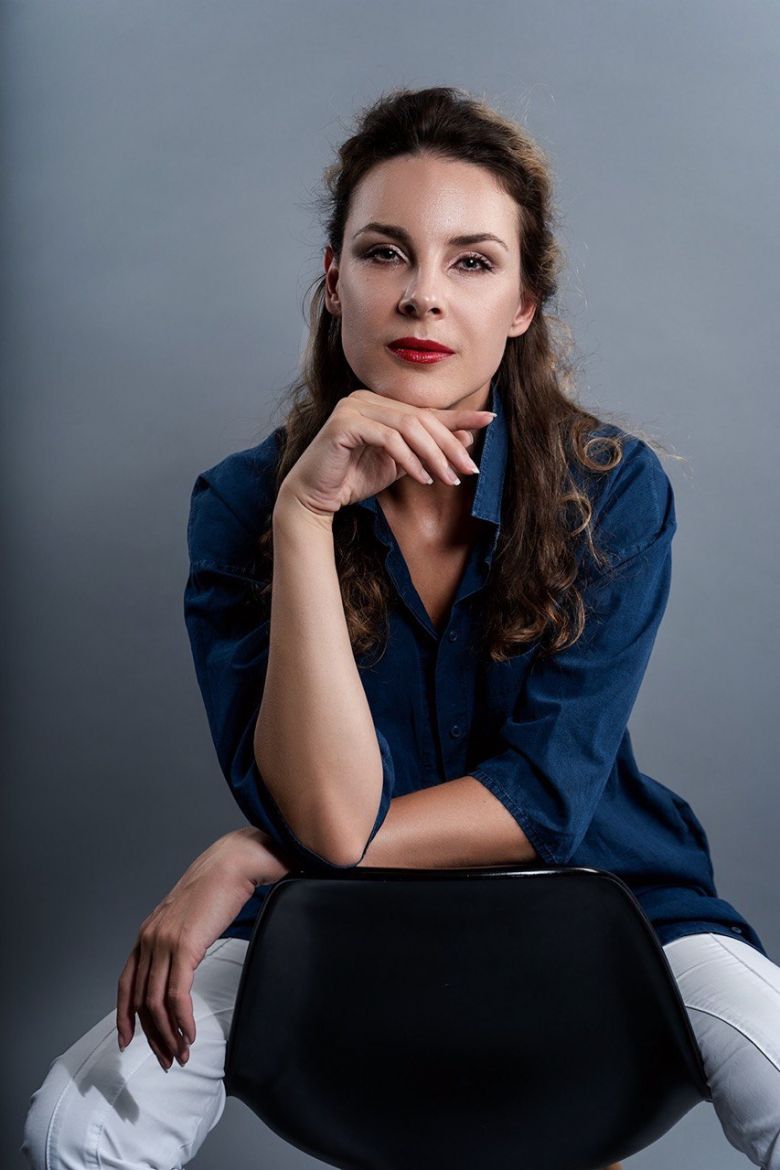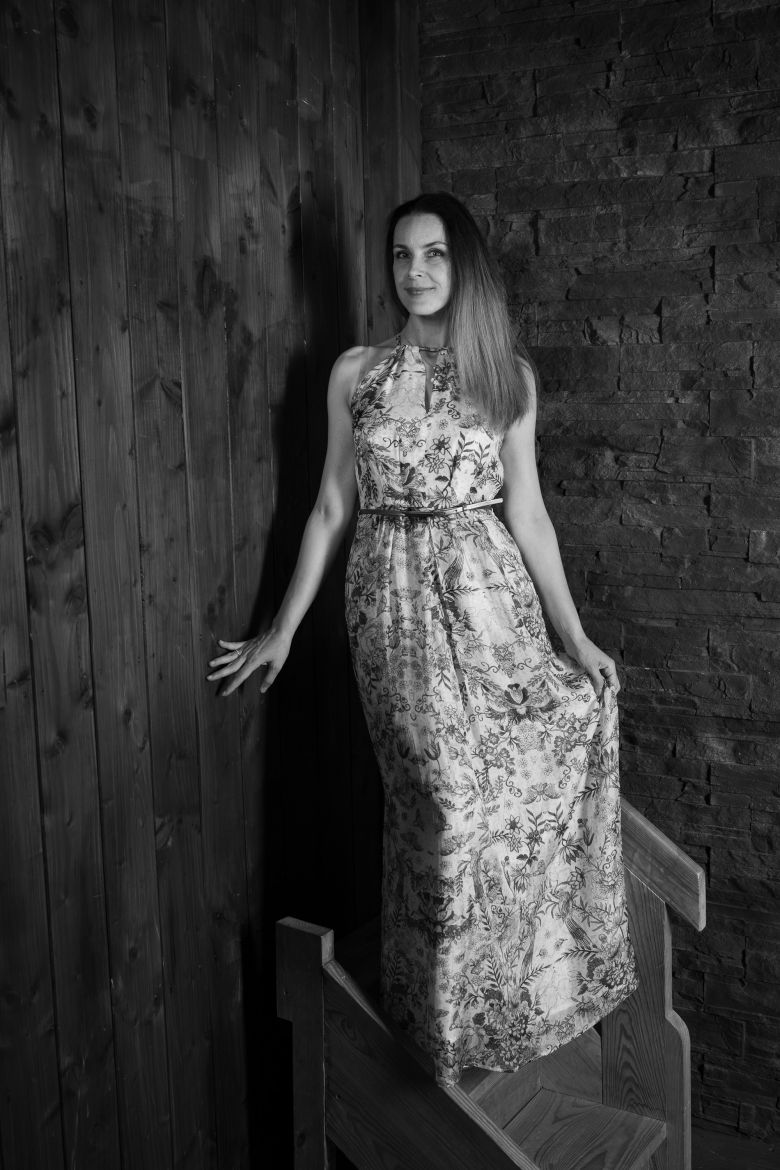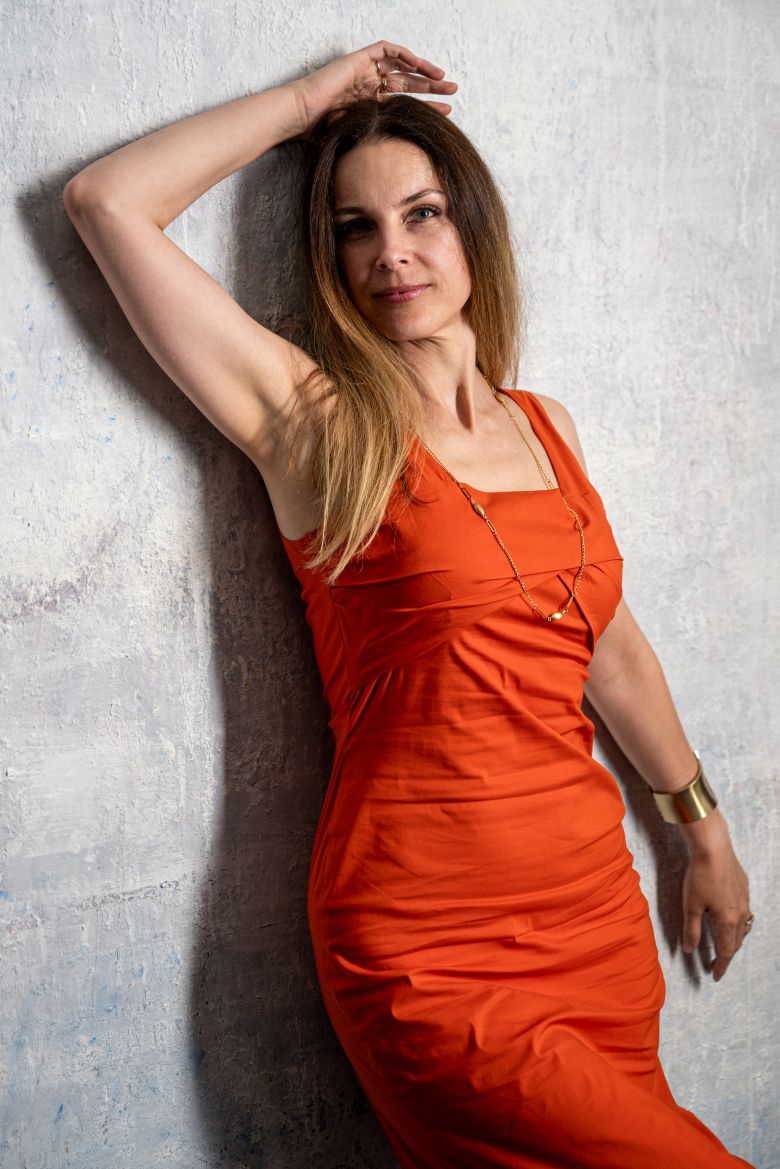For more than 20 years, she has been creating digital products for finance and online payments. Kateryna Lymonova – a woman who has always combined strategic thinking with attention to detail, technology with customer experience, security with comfort. Today she is opening a new chapter – in Germany. Here, Kateryna is not just integrating into society and mastering the language, but building a career that synchronizes global expertise with local realities. She is fluent in English, speaks German at a high level, and preserves her native Ukrainian identity. Her journey is not about starting from scratch, but about starting anew.
Kateryna, you moved to Germany and practically started life over. What emotions accompanied this step? Did you perceive it as a challenge, or as an opportunity to discover new horizons?
Both, actually – a cocktail of adrenaline and the romance of the unknown (smiles). Imagine: a new city, new rules, new habits. I decided not to dramatize or see it as “starting from zero,” but rather as relaunching myself the way we launch a new product. My expertise in finance and product management I carried in my suitcase, but everything else – new streets, rhythms, daily “quests” – became my experimental playground. Honestly, I even liked Germany’s structure: everything works by plan, schedule, and rules. And I love when there’s a roadmap – plan in place, tempo set, movement forward. It’s like a startup, only in the format of life!
You’ve already mastered German at an intermediate level. What are the main difficulties of learning a language as an adult?
The biggest barrier for adults is juggling learning with life and work responsibilities – and breaking the fear of making mistakes. I approached German systematically: every day I dedicate time to grammar, listening, and speaking practice. I studied on my own from zero up to A2.2, then continued in a language school and reached B1. Afterwards, I volunteered, and today I’m working in an office as an accountant while completing a Weiterbildung in Lohn-, Bilanz-, and Finanzbuchhaltung. I see it as climbing steps: improving the language, simultaneously diving into a professional environment, and gaining practical experience in a German company. Today my German is already above B2, and in less than two years I’ve gone from absolute beginner to almost fluent.
Which cultural aspects of Germany surprised you most? How do you manage to integrate into this new society while preserving your own identity and values?
My first impression: everything here runs like a well-tuned clock (smiles). From everyday routines – waste sorting has more instructions than some fintech startups – to serious business processes. This precision brings discipline, but also leaves space for personal freedom. Honestly, it resonated with my own character: order, structure, responsibility – that’s my natural “software.” Germans impress me with their diligence; they can discuss details so long that you expect another Excel file to appear any minute (smiles). But this love for detail is close to my heart because I’ve always been focused on quality and results. My integration happens along three paths: learning, working, and taking part in local initiatives. At the same time, I hold on firmly to my Ukrainian identity – I write music and poetry. These are my inner “power sources.” They balance the strict German plan with my Ukrainian heart.
You have many years of experience in finance, product management, and analytics. How do you aim to integrate this background into the German context?
That’s exactly where I see my strength. I bring over 20 years of expertise in digital banking, SaaS, payment solutions, customer support, and project management. These are international industries – the processes, strategies, and methodologies (Agile, Scrum, Kanban) remain relevant in any country. My mission is to learn the local “rules of the game” in the German market and combine them with my global competencies.
Right now you are completing training to obtain a certificate in accounting. How does the system of professional preparation in Germany differ from what you experienced in Ukraine?
In Ukraine, the focus was more on theory, while in Germany the education is extremely practice-oriented. I’m not the type to read manuals for years; I’m the type who immediately presses “Start” and gets going. That’s why the German education model feels like mine. It immerses you quickly into the realities of the market and helps you integrate not only formally, but in a real sense – feeling part of the professional environment. For me, this is not just education; it’s another step toward making my career here sound just as harmonious as it did at home.
What were your first steps in entering the German labor market? Have you already developed a strategy to combine your professional background with the new requirements here?
Yes, my strategy has several key blocks:
1. Adapting my CV and LinkedIn/Xing profile to German standards.
2. Obtaining a local certificate to validate my qualifications.
3. Building a professional network in Germany.
Gradually joining projects where I can apply both my expertise as a financial analyst and product manager, as well as my soft skills – communication, team integration, and strategic vision.
What internal changes have you felt since moving? Has this journey truly made you more flexible, resilient, and open to the new?
Absolutely. If before I liked having plan A, B, and even C in my back pocket, now I’ve learned to accept uncertainty as part of the game. And you know what? It’s even exciting. Life has stopped being “an exam with correct answers” and has become more like a quest with surprises – where the main thing is to stay flexible and keep your sense of humor. This path has toughened me, made me more resilient. I’ve become more patient with processes – now if a bureaucratic letter takes weeks, I just take a deep breath and think: “Alright, that’s another mindfulness lesson” (smiles). At the same time, I’ve become more attentive to details – which helps both in integration and at work. So yes, Germany has made me more open to new experiences. But most importantly, I’ve learned to see not only challenges, but opportunities everywhere – even in the small things.
What would you advise those who are also considering moving abroad but hesitate because of the language barrier or uncertainty about their career?
The key is not to wait for perfect conditions – because they’ll never come. Start small: study the language at least 20 minutes a day, build connections, look for learning opportunities. Your past experience is your strength, and it will find application. And fear is overcome only by action!
Kateryna, what are your main professional and personal goals for the near future?
Professionally, I see myself fully integrated into the German market as an expert in finance and product management. I want to develop at the intersection of technology, finance, and customer experience. Personally, I want to stay open to new things, keep creating, writing music and poetry – because that has always been my source of inspiration and strength.
Her story proves: starting anew doesn’t mean starting from zero. It means launching yourself into new horizons – with wisdom from the past and courage for the future.








